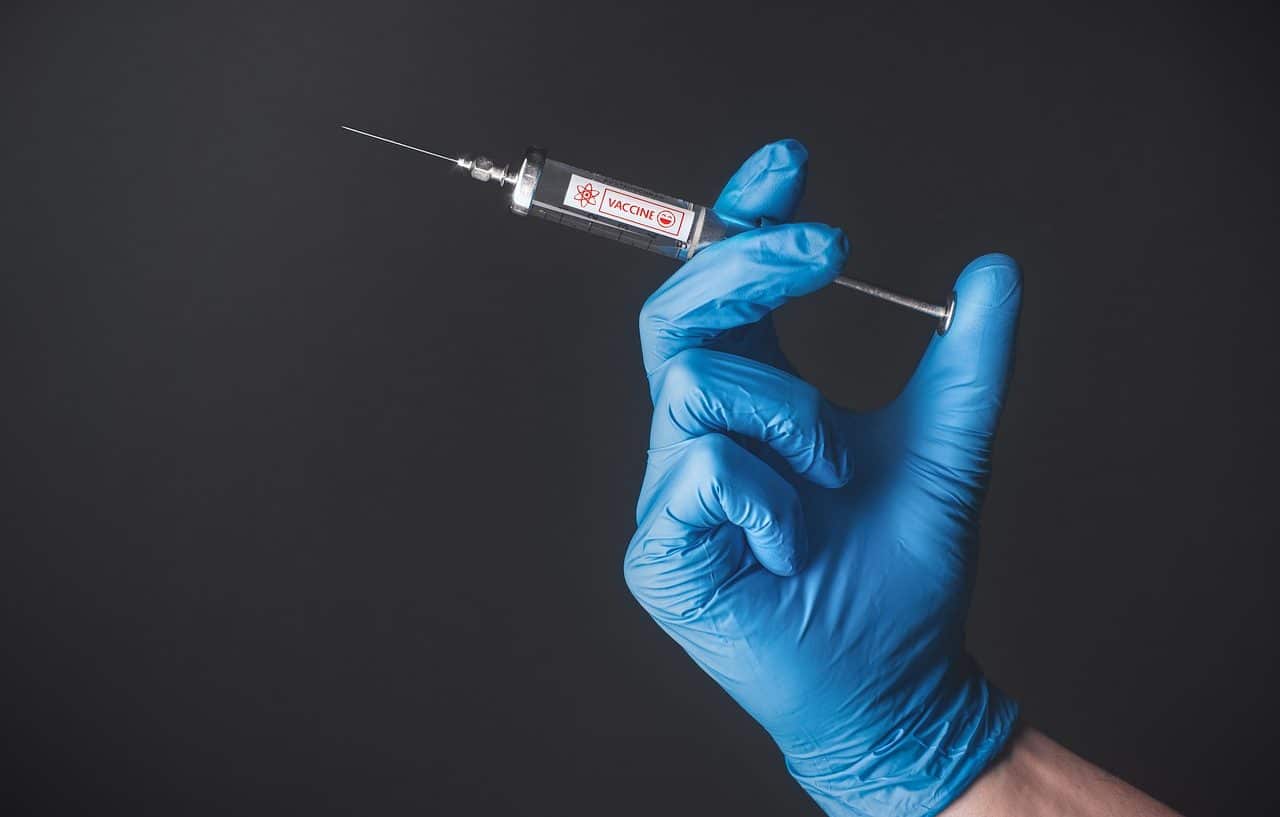
Adjuvant is that which collaborates or assists.
Adjuvant is an adjective that qualifies someone who assists, collaborates or helps . This notion, which comes from the Latin word adiŭvans , is used in medicine to refer to an adjuvant therapy , an adjuvant treatment , an adjuvant drug , etc.
The concept was first used in the early 20th century . Specifically, it seems that it was introduced by the French biologist Gaston Ramon in 1925 , who used it in reference to vaccines. He would then be followed by other illustrious scientific figures, such as Alexander Glenny.
The case of cancer
Take the case of cancer . Whoever has a tumor receives a main therapy whose purpose is to eliminate or reduce the cancer in the specific place where it was detected. The patient can then receive adjuvant therapy to increase the chances of survival without recurrence. This seeks to destroy cancer cells that, even without being detected, may have spread throughout the body. Adjuvant therapy, in this way, may consist of radiotherapy or chemotherapy, to name two possibilities.
In the same way, we cannot overlook that other treatments that can be used against the aforementioned disease are targeted therapy , hormone- based therapy and what is known as biological therapy . Different proposals that will be indicated depending on the case in question and the doctor's vision.

Vaccines can be applied together with an adjuvant.
Adjuvant drugs
Adjuvant drugs , on the other hand, are those that complement the action of the main drug.
Certain anticonvulsants, antidepressants and corticosteroids function as adjunctive analgesic drugs since, although when supplied in isolation they do not serve as analgesics, they help to enhance the effects of the analgesics with which they work in association.
Vaccines can also be given together with an adjuvant. In this case, adjuvants contribute to increasing the effectiveness of the vaccine and its immunological power. They are generally substances that stimulate the immune system and, in this way, favor the action of the vaccine. It is often said that the adjuvant often defines the success of the vaccine in preventing or eradicating a disease in a given population.
Classification according to type
In relation to vaccines, we find the existence of several different types of adjuvants:
- Lipid particles , such as liposomes.
- Mineral salts , such as aluminum phosphate, aluminum hydroxide or calcium phosphate.
- The interleukins.
- Immunostimulatory adjuvants , such as lipopeptides, saponins or bacterial DNA.
- Microparticles , as would be the case of biodegradable particle microspheres.
- The genetics .
- Mucosal adjuvants . This group includes everything from labile toxin to cholera toxin.
In addition to all of the above, in this case it should be noted that these types of adjuvants can work in two different ways. On the one hand, by directly activating cell receptors: on the other hand, through the antigen release system.
